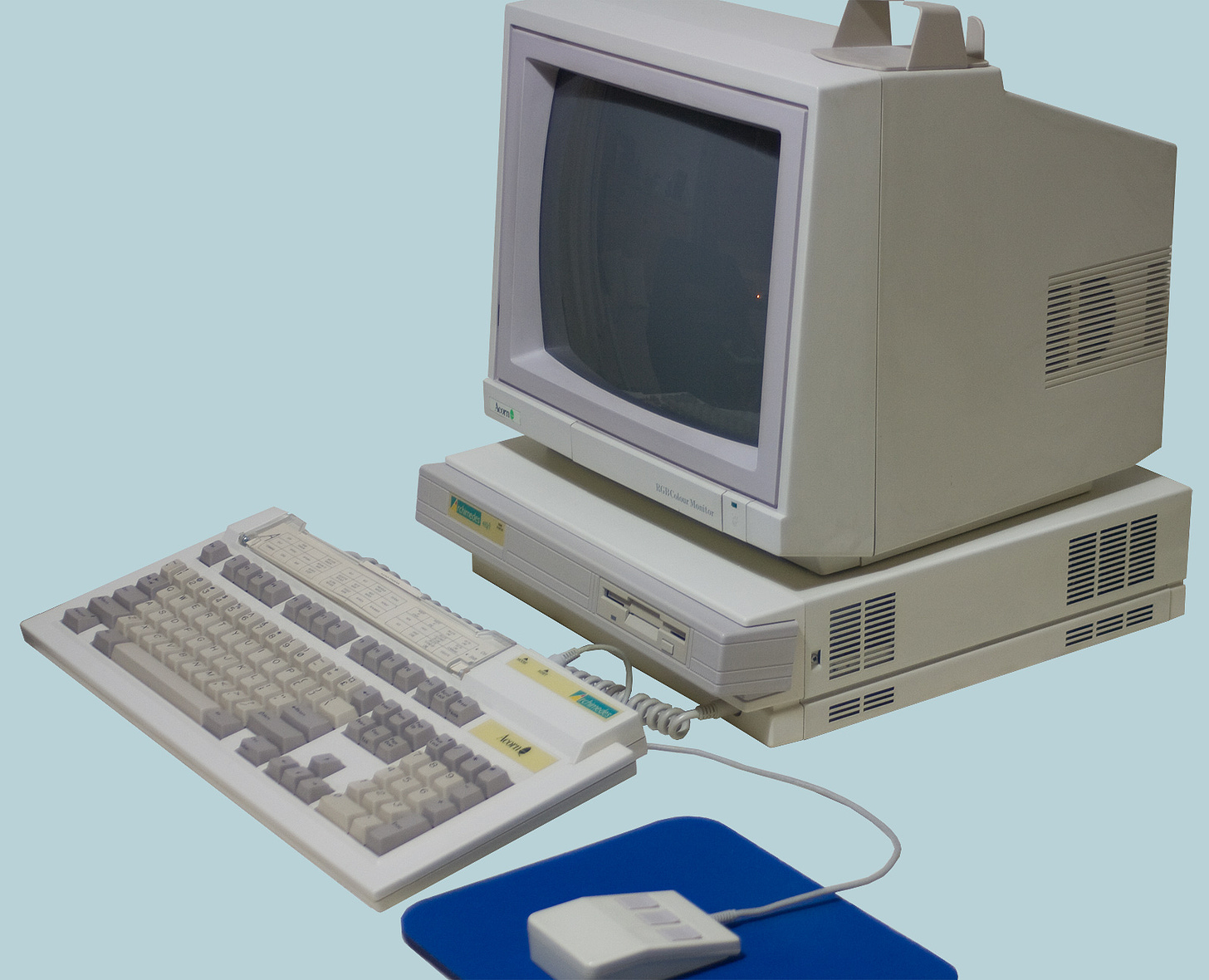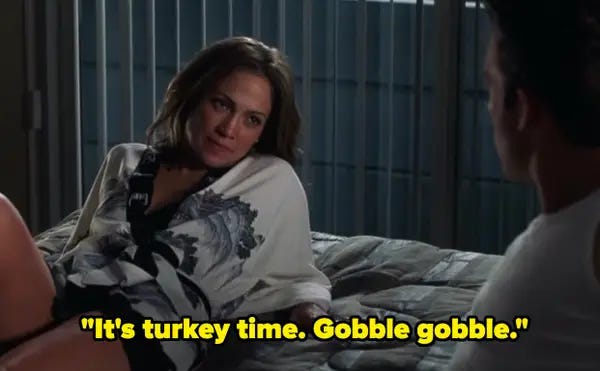I remember the day I got the confidence to start writing dialogue.
I had a friend staying with me at my flat in Brisbane. He was a playwright, who’d actually had a play produced - which I thought was as impressive as leading a mission to Mars.
One day he called me at work and asked if he could use my computer to start writing a new play. I said, “For sure!” I was excited. I thought I’d be tangentially involved in the making of something great. And when I returned home at 5pm, I expected to see him in the zone, bashing out his new opus. But the flat was empty. The only activity was the blinking cursor on my Acorn Archimedes.
Now, instead of doing the honourable thing and saving and closing the file my friend had been working on, I decided to sneak a look. And there, on the screen, in black and white, was the following:
Character A: How you going?
Character B: Not too shabby.
That was it. After writing this, my friend had downed tools and gone to the pub. And that’s when it occurred to me that writing a play might not be so magical after all and *maybe* I should give it a go.
For the next month, I’d come home from work and write until the early hours. I had a lot of adrenaline, like I was doing something I really had no business doing. And when I got to the end, I knew I hadn’t written Death of a Salesman - but I thought it was alright. There were jokes, or at least set-ups to jokes, and a few acerbic observations about Brisbane society which I was convinced would rattle the cages. But best of all, there were roles for all my actor friends.
Then I accidentally deleted the whole thing.
The next months were spent in a funk as I tried to remember what I had written. But when it became clear I’d never be able to reproduce the spark of the original, I cut my losses and started writing something new.
Was the new play any good? It was passable enough to convince Brisbane stage star Paul Denny to be in it and his bravura performance covered a lot of literary cracks. On opening night, when Paul got a standing ovation, I remember thinking, “none of this would have happened if it weren’t for ‘How you going? Not too shabby.’”
Most professional writers would have sympathy for the “How you going, not too shabby” guy because dialogue in first drafts is notoriously shallow. You’re just trying to get to the end, so you can return to the beginning and start adding depth.
Well, that’s the idea. But as I’m writing this I’m thinking of quite a few writers who are happy to wade in the shallows for eternity and get paid handsomely for it.
But the moral of this story is that if a piece of underdone dialogue can inspire one person to pick up a pen - or turn on an Acorn Archimedes - then it’s done its job. There are times when ordinariness is just as inspirational as greatness.








Nice piece Adam. Not too shabby.
Ahh, poor backup support. Archimedes ' Achilles heel.